Content note: discussions in this episode refer to murder, trials, police, survivors, children’s services, and mistreatment of prisoners.
It’s time for the public’s understanding of incarceration as a part of the criminal justice system to change. According to the Adult and youth correctional statistics in Canada, 2016/2017, adults in remand, meaning people who are awaiting trial in prison and are legally innocent, outnumbered prisoners who had been sentenced.
But in media coverage, prisoners are often depicted as dangerous. All too often, the systemic factors that lead to a person ending up in prison don’t get taken into account.
What’s the prison-focused punitive philosophy underpinning our judicial system, which sees punishment for certain kinds of offences as a correctional societal process?
But what happens to people once they are behind bars? Who is covering the prisons?
And how do the narratives we create about prisoners cause further harm?
Today on Pull Quotes, we try to get at the root of inherent biases in journalistic coverage of prisoners, and what we can do to overcome those biases.
CONTRIBUTORS
Pull Quotes is produced by Lidia Abraha and Michal Stein. Thanks to Angela Glover and Lindsay Hanna for technical help. Sonya Fatah is our Executive Producer.
Olson Crow is an activist who was formerly incarcerated.
El Jones is a poet, professor at Mount St. Vincent University in Halifax, and community activist. She also writes for the Halifax Examiner.
Jackie Omstead is the Community Programs Coordinator at Elizabeth Fry Toronto.
Links
Further Listening
In August of 2018, prisoners in the United States organized a strike, demanding better conditions. The Burnside Jail in Nova Scotia went on strike, too. Here’s El Jones on the kind of coverage that strike received, and the challenges around what happened since the protest.
In 2017, Jackie Omstead volunteered at a men’s prison outside of Gravenhurst, helping the prisoners put together a play. She talks about the work the men did, and why looking at this kind of program as rehabilitative is flawed.
Jackie Omstead quotes James Thompson in an effort to unpack why program facilitators are often more revered than the prisoners participating in the programs.
El Jones on the problems with language used around people in conflict with the law, drawing on headlines from articles about Terri-Lynne McClintic getting transferred to an Indigenous healing lodge.
Podcast: Play in new window | Download
Subscribe: Apple Podcasts | Spotify | RSS

